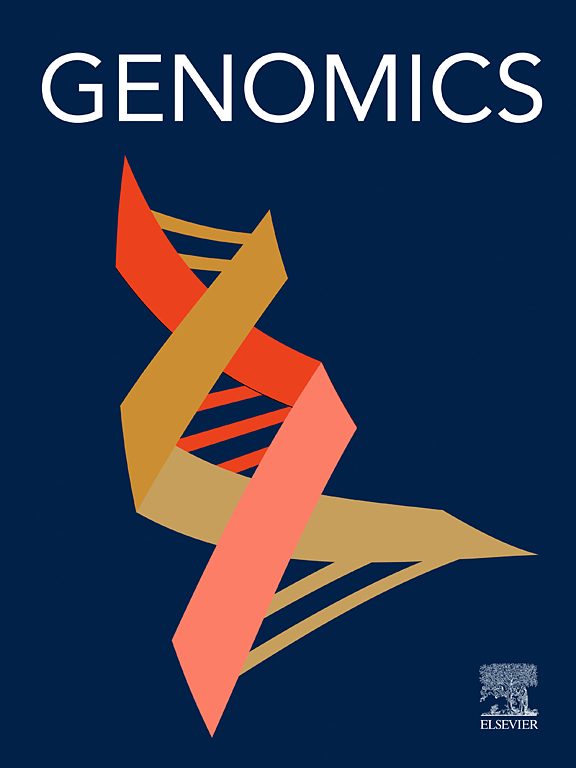Genome-wide association study identifies novel candidate genes linked to acute and chronic thermal stress resilience in olive flounder (Paralichthys olivaceus)
IF 3
2区 生物学
Q2 BIOTECHNOLOGY & APPLIED MICROBIOLOGY
引用次数: 0
Abstract
Acute and chronic high-temperature stress negatively impact olive flounder (Paralichthys olivaceus) aquaculture, weakening immune function and increasing mortality. This study conducted a genome-wide association study (GWAS) to identify genetic markers linked to thermal stress resilience. A total of 384 fish were exposed to acute stress (29 °C for 30 min and 1 h) and chronic stress (19.8–30 °C for 16 days). Genomic DNA from 329 deceased and 55 surviving fish was genotyped using a 70 K SNP chip, yielding 57,638 SNPs from 376 fish after quality filtering. GWAS identified 34 SNPs associated with both acute and chronic thermal stress on chromosomes 4, 10, 11, 15, 18, 19, and 23, surpassing the suggestive (p < 1 × 10−4) and Bonferroni-corrected (p < 8.6 × 10−7) thresholds. Genes myhc, nlrc5, hydin, and gfod1 were linked to thermal stress. These findings may support marker-assisted selection for thermal stress resilience strains, promoting sustainable aquaculture.
全基因组关联研究确定了与橄榄比目鱼急性和慢性热应激恢复能力相关的新候选基因。
急、慢性高温胁迫对橄榄比目鱼(Paralichthys olivaceus)养殖产生不利影响,使其免疫功能减弱,死亡率升高。本研究进行了一项全基因组关联研究(GWAS),以确定与热应激恢复能力相关的遗传标记。共有384条鱼暴露于急性应激(29 °C, 30 min和1 h)和慢性应激(19.8-30 °C, 16 天)。使用70 K SNP芯片对329条死亡鱼和55条存活鱼的基因组DNA进行基因分型,经过质量过滤,从376条鱼中获得57,638个SNP。GWAS在4、10、11、15、18、19和23号染色体上发现了34个与急性和慢性热应激相关的snp,超过了提示阈值(p -4)和bonferroni校正阈值(p -7)。基因myhc、nlrc5、hydin和gfod1与热应激有关。这些发现可能支持标记辅助选择热应激抗性品系,促进可持续水产养殖。
本文章由计算机程序翻译,如有差异,请以英文原文为准。
求助全文
约1分钟内获得全文
求助全文
来源期刊

Genomics
生物-生物工程与应用微生物
CiteScore
9.60
自引率
2.30%
发文量
260
审稿时长
60 days
期刊介绍:
Genomics is a forum for describing the development of genome-scale technologies and their application to all areas of biological investigation.
As a journal that has evolved with the field that carries its name, Genomics focuses on the development and application of cutting-edge methods, addressing fundamental questions with potential interest to a wide audience. Our aim is to publish the highest quality research and to provide authors with rapid, fair and accurate review and publication of manuscripts falling within our scope.
 求助内容:
求助内容: 应助结果提醒方式:
应助结果提醒方式:


